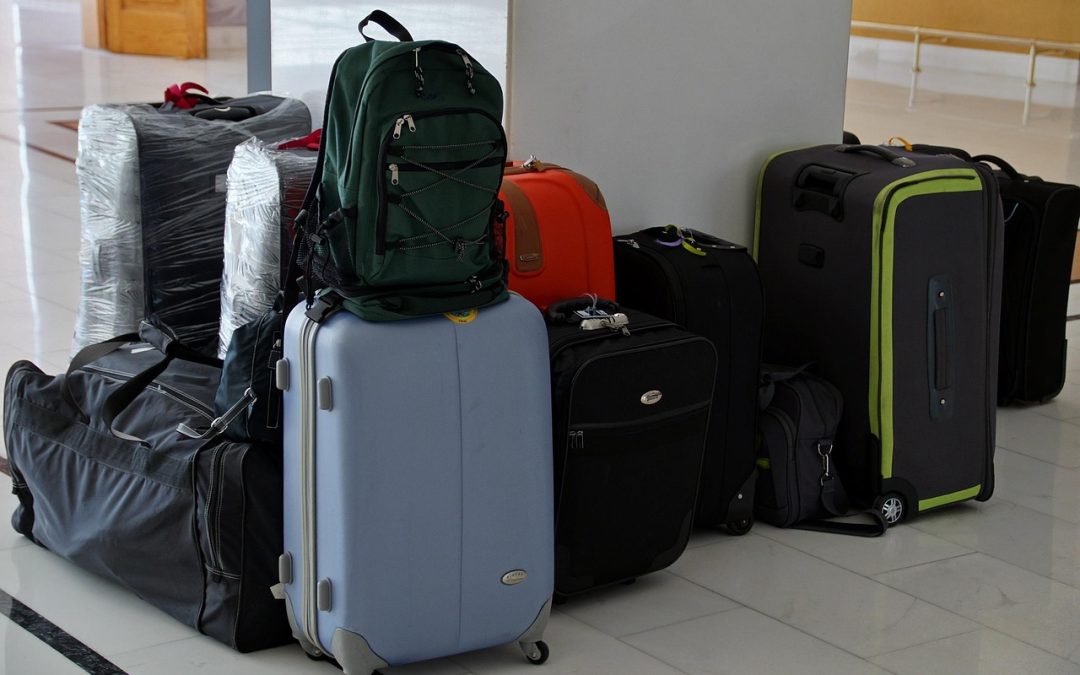Bea Cukai Halim Perdanakusuma: The Intersection of Customs and E-commerce 2025
Overview of Bea Cukai Halim Perdanakusuma
Bea Cukai, formally known as the Directorate General of Customs and Excise, plays a pivotal role in Indonesia’s economic landscape. Located at Halim Perdanakusuma Airport in East Jakarta, these customs offices are critical for regulating the flow of goods, ensuring compliance with taxation, and preventing illegal trade. The facility serves as key logistic support for both domestic and international trade, especially with the rapid growth of e-commerce.
The Rise of E-commerce in Indonesia
Indonesia’s e-commerce market is experiencing unprecedented growth, fueled by rising internet penetration, increased smartphone usage, and a burgeoning middle class. The market is projected to reach USD 130 billion by 2025, driven by platforms like Tokopedia, Bukalapak, and Shopee. This explosive growth presents challenges and opportunities for Bea Cukai, as it must adapt to new realities in trade and commerce.
Regulatory Framework
The Indonesian government has implemented various regulations to create a conducive environment for e-commerce. The Coordinating Minister for Economic Affairs issued a roadmap titled “E-commerce Roadmap 2025,” which outlines objectives for the compliance of e-commerce businesses with regulations to enhance competitive markets.
Bea Cukai’s involvement in this regulatory environment is crucial. Its primary functions include monitoring compliance with import and export laws, collecting customs duties, and ensuring trade facilitation. With e-commerce expected to evolve, Bea Cukai aims to streamline processes while maintaining stringent oversight, addressing both the increasing volume of goods traded online and ensuring consumer protection.
Strategic Collaborations
To adapt to the growing trends in e-commerce, Bea Cukai has embarked on collaborative efforts with various stakeholders. These collaborations include partnerships with logistics providers, e-commerce platforms, and the community agencies involved in consumer protection and trade regulations. The aim is to develop a comprehensive ecosystem that benefits all parties involved, while enhancing accountability and transparency in customs procedures.
Key partnerships include various platforms to share data that help predict trends in imports and exports, enhancing efficiency in customs checks. Using advanced digital tools enables Bea Cukai to expedite processes, reducing waiting times at ports and airports.
Digital Transformation Initiatives
To cope with e-commerce’s rapid evolution, Bea Cukai is heavily investing in digital transformation initiatives. The integration of technology has become imperative, especially in the context of increasing transaction volumes. Initiatives such as the Electronic Customs Single Submission (ECSS), launched in 2019, streamlined customs clearance processes for e-commerce imports.
This system allows businesses to submit customs declarations electronically, facilitating quicker processing and reducing the burden on importers. Furthermore, Bea Cukai is exploring solutions like blockchain technology to enhance transparency and traceability in trade, thereby reducing the risk of fraud.
E-commerce Policy Enhancements
In anticipation of the E-commerce Roadmap 2025, Bea Cukai has made several policy enhancements. For instance, simplified customs procedures have been proposed for low-value goods often traded online to encourage consumer confidence and spur growth in the sector. The government has set a duty exemption threshold for goods under a specific value, minimizing the administrative burden for consumers and small businesses.
To ensure compliance, Bea Cukai has also stepped up its educational campaigns aimed at e-commerce entrepreneurs. By raising awareness about customs regulations and the importance of compliance, the agency fosters a culture of responsibility among traders.
Challenges in Implementation
Despite various initiatives, challenges remain for Bea Cukai in implementing policies effectively. The rapid advancement of technology outpaces regulatory frameworks, creating gaps in enforcement capabilities. There is a constant need for capacity-building efforts within the agency to keep personnel updated on the latest trends in technology, international practices, and market dynamics.
Additionally, the informal sector poses significant challenges. Many small online businesses operate outside the formal economy, leading to difficulties in tax collection and regulation enforcement. Addressing this sector is crucial for a holistic approach to e-commerce, making collaborations with fintech solutions and microcredit providers vital for formalizing informal e-commerce entities.
Consumer Protection Strategies
As the volume of e-commerce transactions increases, consumer protection remains a priority for Bea Cukai. The agency collaborates with the Ministry of Trade to ensure that consumers are safeguarded against fraudulent activities and substandard products. This includes stringent checks on imported goods and maintaining a communication channel for consumers to report grievances.
Education and outreach programs are also integral, informing consumers about their rights and the potential risks associated with online shopping. By promoting informed decision-making, Bea Cukai aims to foster a safer e-commerce environment.
The Role of Data Analytics
Data analytics has emerged as a strategic tool for Bea Cukai in understanding trade patterns and consumer behavior. By leveraging big data, the agency can improve risk assessment protocols, allowing for targeted inspections of shipments that appear suspicious. This analytical capability not only enhances security but also optimizes resource allocation within the agency.
Furthermore, data-driven insights can inform regulatory adjustments, allowing Bea Cukai to remain agile amidst fast-changing market conditions. Collaborating with tech companies to maximize data utilization is key to making informed decisions in customs operations.
Future Outlook
As Indonesia progresses towards its vision of E-commerce 2025, Bea Cukai Halim Perdanakusuma is poised to play a transformative role in the customs landscape. The ongoing evolution of e-commerce, coupled with the agency’s commitment to modernization, sets the stage for a robust and resilient infrastructure.
Continuous engagement with stakeholders, enhanced technological adoption, and a focus on consumer protection will ensure that Bea Cukai not only keeps pace with the fast-evolving e-commerce sector but also supports its sustainable growth. As the digital economy expands, the collaboration between customs and e-commerce will herald a new era of trade, positioning Indonesia competitively on the global stage.

